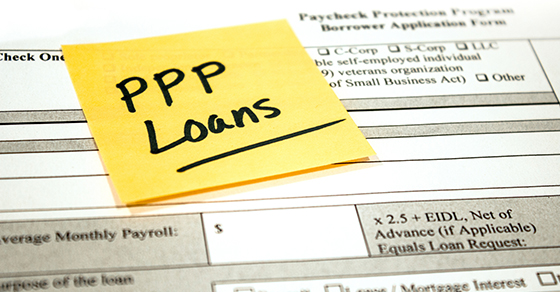2023 limits for businesses that have HSAs — or want to establish them
No one needs to remind business owners that the cost of employee health care benefits keeps going up. One way to provide some of these benefits is through an employer-sponsored Health Savings Account (HSA). For eligible individuals, an HSA offers a tax-advantaged way to set aside funds (or have their employers do so) to meet […]
2023 limits for businesses that have HSAs — or want to establish them Read More »








